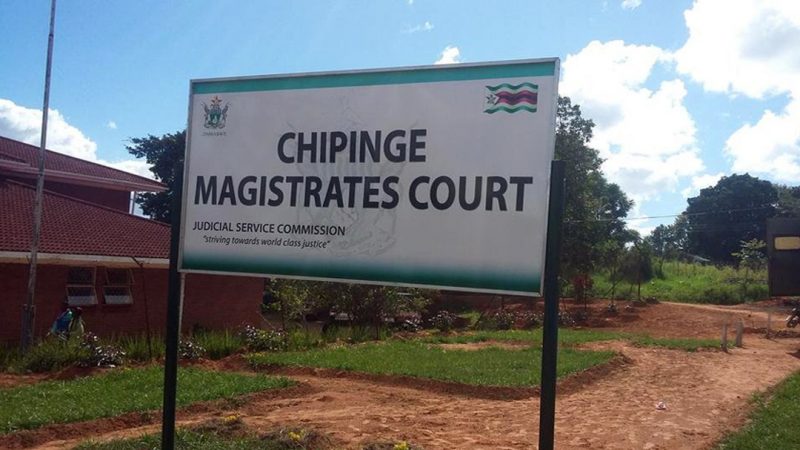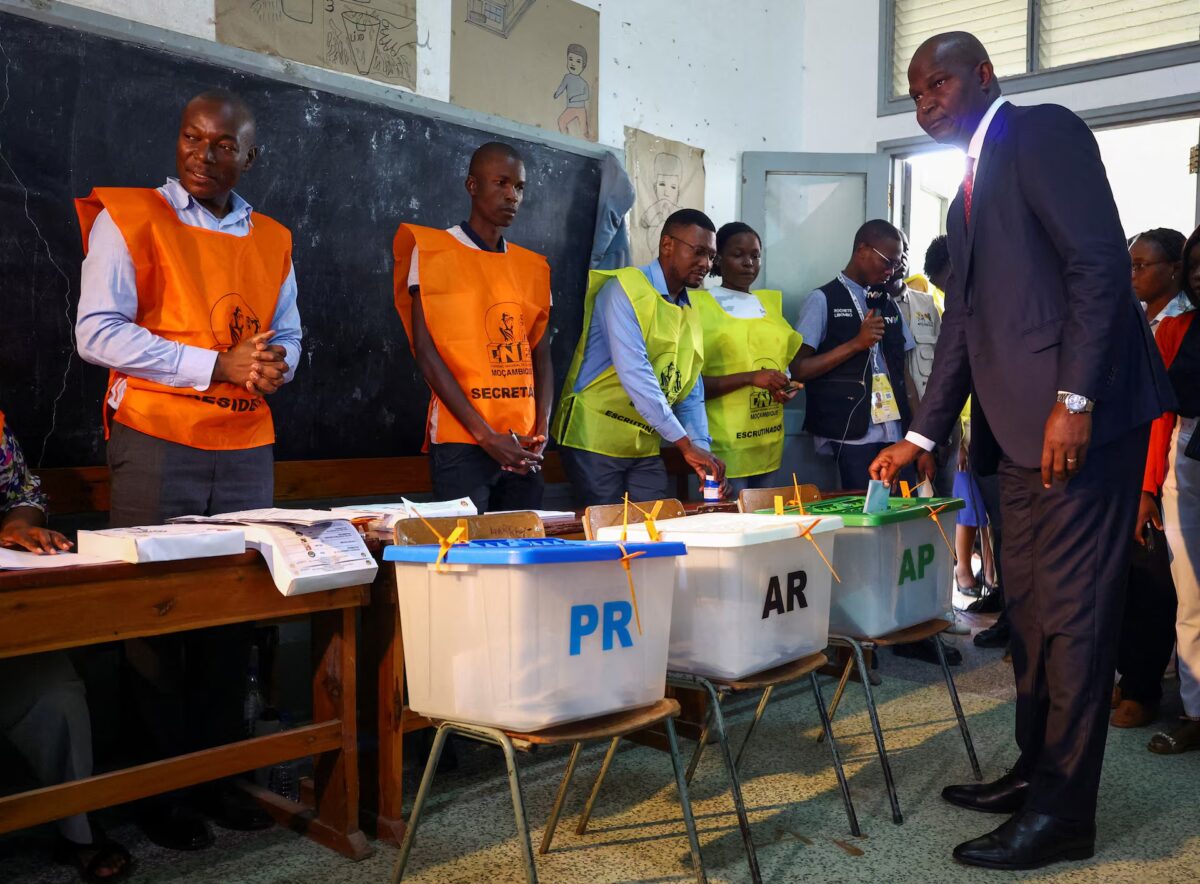HARARE – A judge on Thursday said Prosecutor General Kumbirai Hodzi must read more about the law before mounting incompetent appeals as he ordered the release on bail of armed robbery suspect Musa Taj Abdul.
Abdul and alleged accomplices Rudolph Tapiwa Kanhanga and Godfrey Mupamhanga were granted Z$5,000 bail each by Justice Benjamin Chikowero in December last year.
Hodzi, in fury, caused the arrest of prosecutor Tapiwa Kasema accusing him of corruption after he conceded bail.
The Prosecutor General also pressed new charges against the three suspects while appealing to the High Court to commit the trio to jail even after they had been granted bail.
The prosecution says Abdul is the mastermind of an armed robbery ring and had been on the run for 20 years before his arrest last year, accused of a strong of armed robberies.
In a judgement delivered on Thursday, Justice Chitapi said: “The applicant (Hodzi) is also advised to familiarise his office with important judgements of this court and the Supreme Court on key operational areas of law like bail generally.
“I have no doubt that the applicant may well have been advised not to mount this unmeritorious application.
“Having commented adversely on the ineptitude shown in the handling of this application, the comments being an aside, I determine that having taken account of all the documents filed of record and heard counsel in argument, there is no merit in this application at all. Resultantly the application is dismissed.”
The ruling means Abdul and his co-accused must be released on bail, and should the prosecution wish to return them to custody on new charges, a fresh process must begin at the Magistrates’ Court.
Justice Chitapi said once bail was granted, it was impossible for the same court to break its own order by ordering further detention.
The judge explained: “Ordinarily, once the court pronounces itself and passes judgement in a matter before it, the court, judge or magistrate who has made the order becomes functus officio (mandate expires).
“It is important for purposes of this application that I comment that the above order was granted after the learned judge had read the documents filed on record and hearing counsel’s submissions, meaning that both the applicant’s counsel Mr Kasema and the respondent’s counsel Ms (Concilia) Mahiya addressed the learned judge on the parties’ positions in the matter.
“The learned judge must therefore be taken as having granted an informed decision based on the facts placed before him as contained in documents comprising the application and additional oral submissions made by the legal parties legal counsel. The order has not appealed against and the order therefore stands.”
Dealing a further blow to Hodzi’s attempts to punish Kasema for consenting to bail, Justice Chitapi commented that prosecutors cannot be criminalised for decisions they make in court as the law requires them to be independent.
In the Kasema case, Hodzi argues that prosecutors are under directions not to concede to bail without prior approval by a senior law officer. Justice Chitapi said that administrative arrangement was not the law.
“The applicant has averred firstly that the issue of the prosecutor having to first obtain consent of his superiors is an administrative act which is part of internal operations within the applicant’s establishment, viz the National Prosecuting Authority. Section 269 (1) (a) of the Constitution provides that the applicant is independent and is not subject to the direction or control of anyone. Therefore, unless the adminstrative arrangements in that office become public law, the court will not pry into them,” Justice Chitapi said.
Chitapi said it was also notable that Hodzi does not allege that Kasema lacked title to prosecute.
“Had this been so, then the bail proceedings would be a nullity,” the judge added.
















